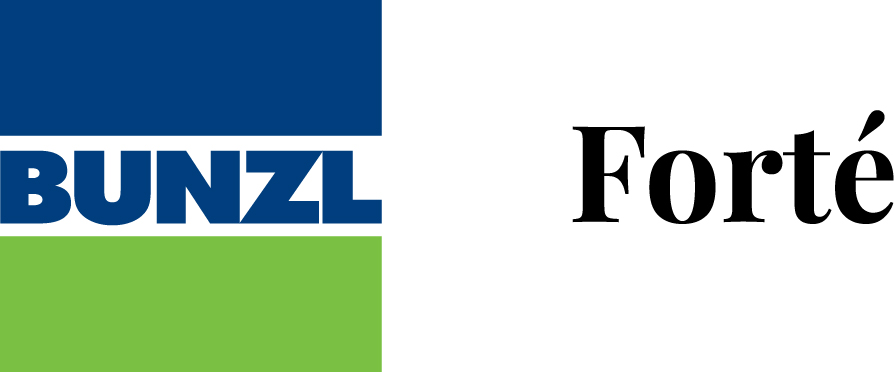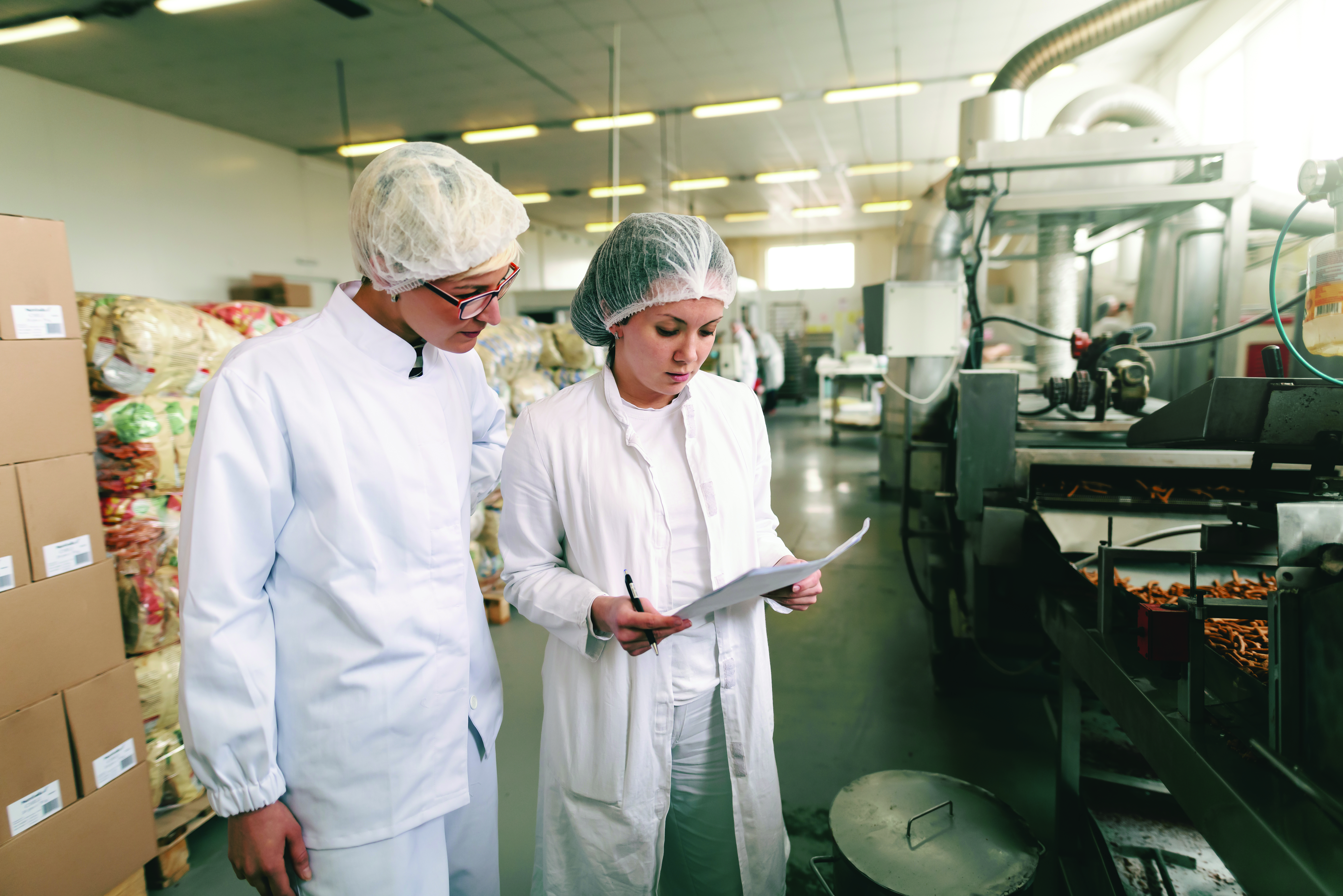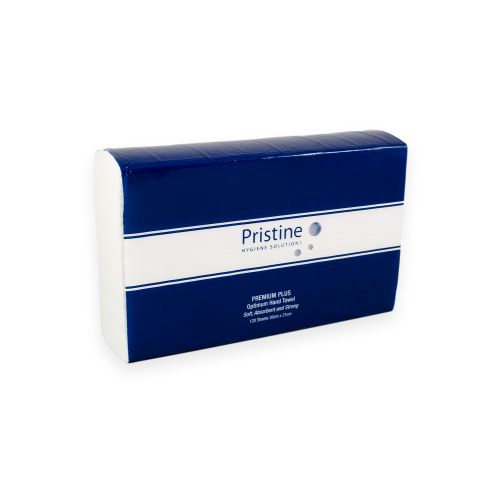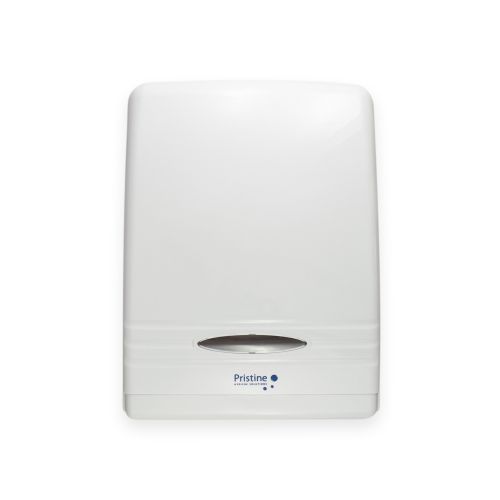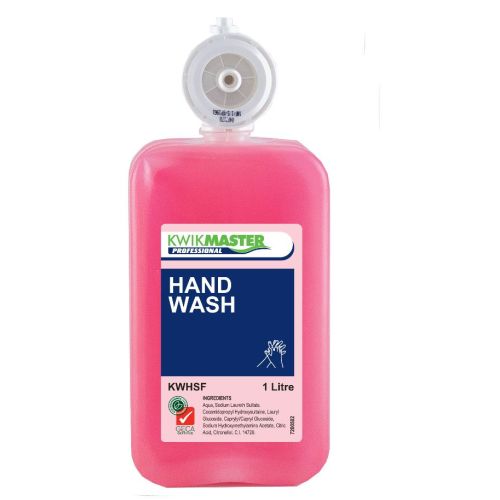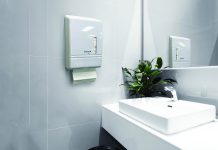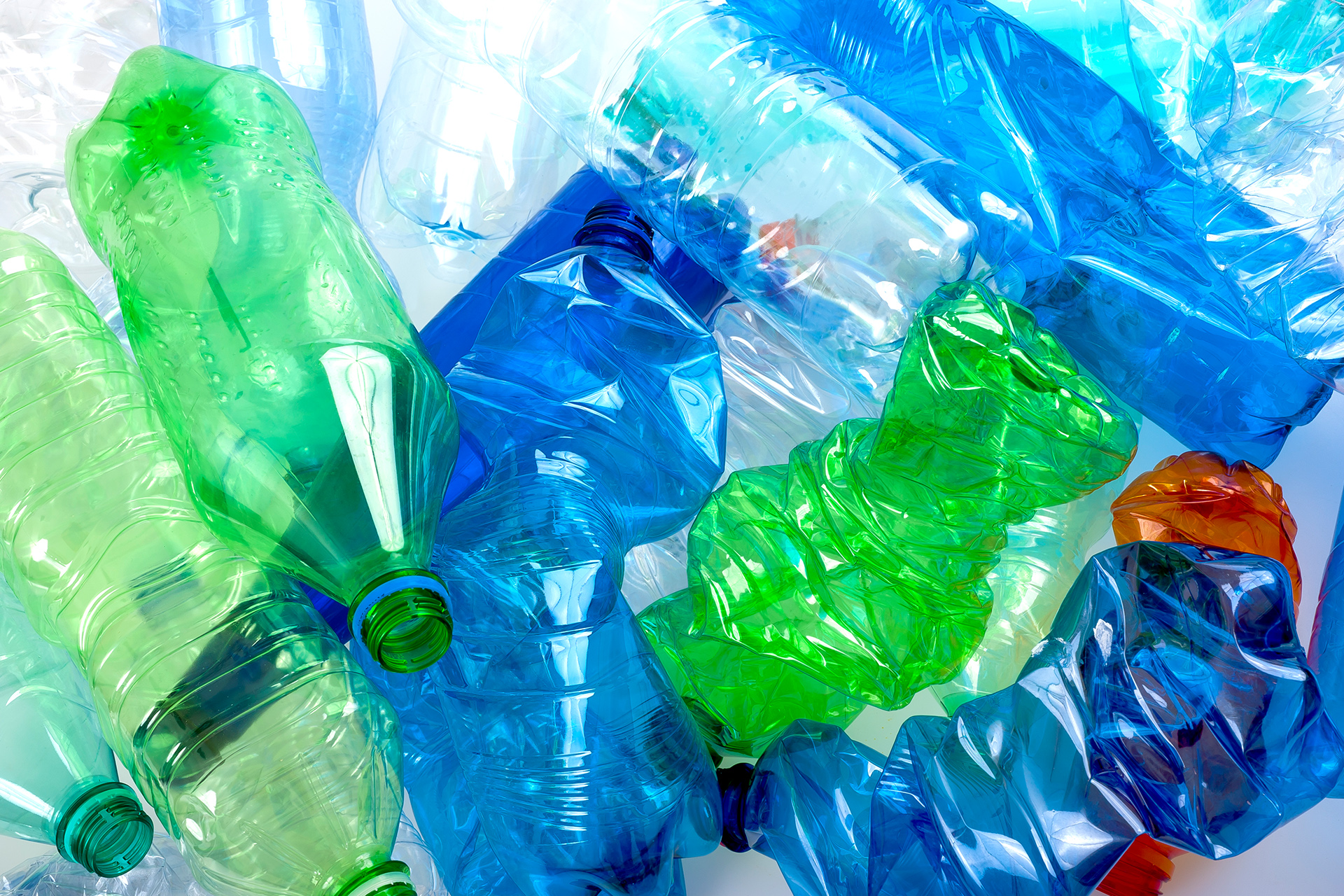As with any business, running an efficient commercial food-processing facility relies on gradual improvements in productivity and efficiency over time. To achieve both, staff morale needs to remain high – an aim that’s easier said than done when taking into account everything from salary expectations to job satisfaction. But one variable that can be controlled is factory hygiene. Allow standards to drop and OH&S can be compromised, causing staff morale to suffer.
Many businesses overlook what is required to meet the Australia New Zealand Food Standards Code, and as a result are failing to protect their staff; physically and emotionally. An annual food-safety audit will help your business realise the steps that need to be taken to be fully compliant with regulations and, importantly, establish trust with your employees that their hygiene is protected through company action and the use of the right products and processes.
“Elevating hygiene standards onsite has a positive impact on employee engagement and that demonstrates an organisation’s care for their employees,” says Raymond Failla, Business Development Manager Processor & Industry at Bunzl. “Site audits are fundamental to driving improved processes and outcomes.”
His advice to companies is to enlist outside help from a hygiene specialist who can conduct the audit. “[You should] engage with industry professionals who have the knowledge and experience to support on key areas such as health and hand hygiene requirements, cleaning, sanitising and surface wiping,” he says. With a complete site review, an expert can “share knowledge, insights and best practice”, explains Failla, while gaining an understanding of “the current state [of the business], challenges, and opportunities for improvement aligned to the organisation’s key business drivers, such as sustainability goals”. Following on from this, they will, “put forward a list of recommendations to review and implement”.
On a practical level, this means you will have access to a key site contact who can conduct a walk-through of your factory and review everything from the cleaning products used in the factory to whether soaps and sanitisers are accessible, carry the required certifications, are placed in the correct locations and are clearly marked or labelled. They will then make suggestions on any changes and adjustments that need to be implemented. This will aid your organisation to hone in on what will improve efficiencies and productivity.
When an expert does a walkthrough of your facility, key areas of focus will include (though will not be limited to):
• ensuring hand hygiene and surface wiping solutions carry correct Hazard Analysis and Critical Control Point (HACCP International) certification or Food Zone Primary (FZP) classification;
• making sure companies use food-grade hand soap and sanitiser in a cartridge system over a bulk-fill system;
• highlighting the consolidating of vendors and consumables, which can lead to ordering efficiencies, reduce wastage/storage, and cost reduction;
• whether soaps and sanitisers are accessible, carry required certifications, are placed in the correct locations and are clearly marked or labelled.
A site audit is also designed to help customers improve their onsite sustainability objectives by moving towards renewable or reusable materials where possible. According to Failla, getting on the front foot is key. “Be proactive, not reactive. Work with suppliers who share similar goals, particularly around sustainability and ethical sourcing.” he says.
Ultimately, the result is likely to be a business which is more hygienic and sustainable, promoting higher production among staff who feel safe and looked after.
Contact your Bunzl Representative to set up a Hygiene Audit for your business today.
